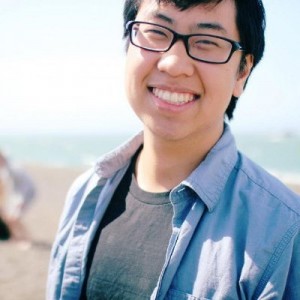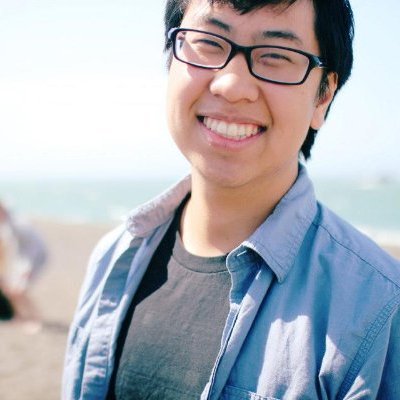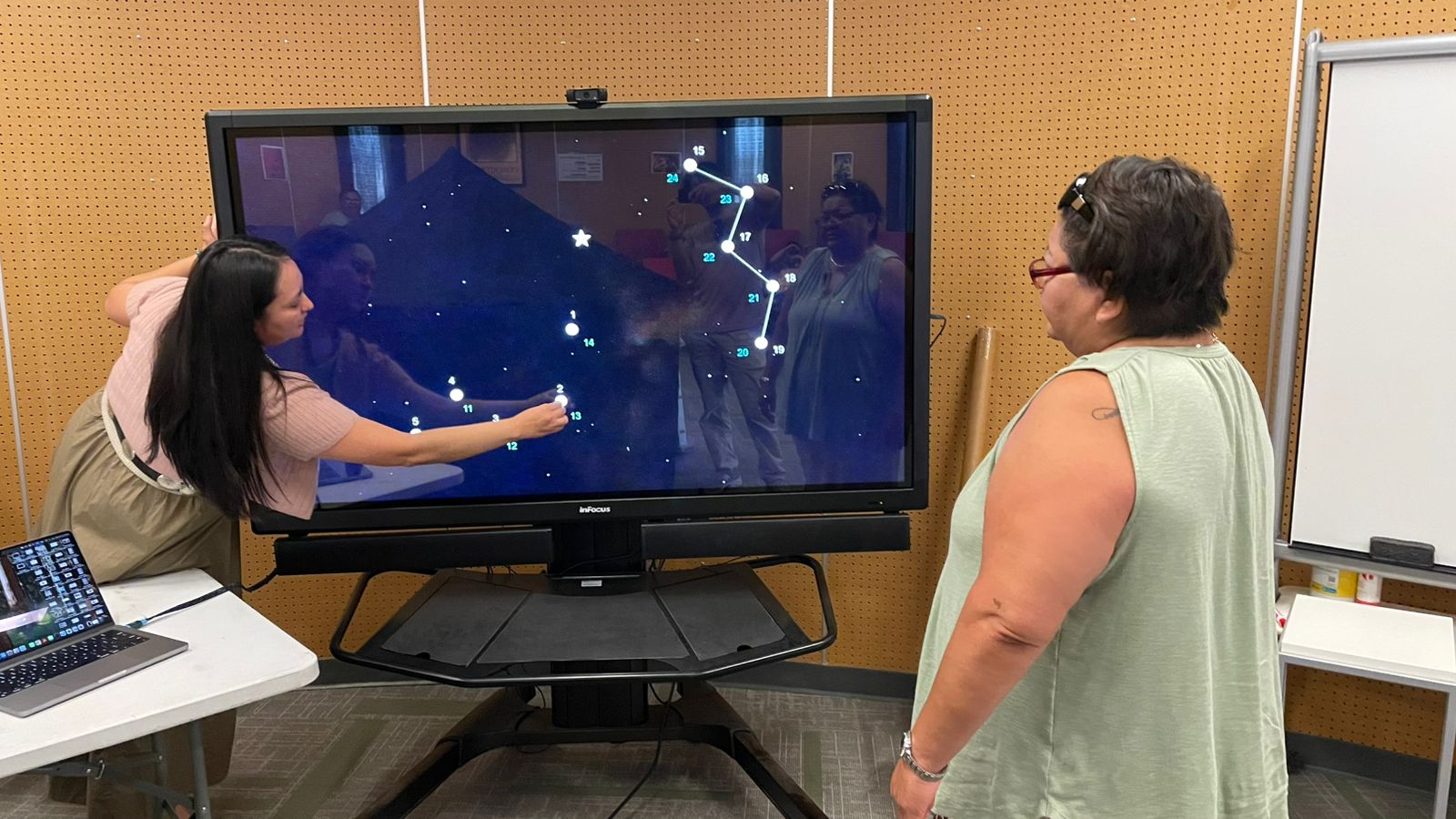By Nicholas Bobadilla

Gregory Chin grew frustrated with the PT Foundation halfway through his eight-week practice experience in Kuala Lumpur, Malaysia. He was working with one of the foundation’s HIV/AIDs clinics, which provides confidential and anonymous STD testing and counseling services that once had been free.
A shift in the organization’s priorities from accessibility to sustainability resulted in a mandatory fee for all clients. To make matters worse, the clinic relocated, further restricting access to clients without reliable transportation.
Like any Global Poverty & Practice student at UC Berkeley, Chin had developed a radar for the kinds of problems he saw at the PT Foundation.
“I thought: You keep forgetting about the people you’re serving,” he said. “You keep running it to make sure this place survives, as opposed to making sure the community you’re working with survives.”
GPP students often recognize and then grow frustrated by the deficiencies of the organizations where they briefly volunteer. The theoretical aspect of the curriculum places heavy emphasis on the critique of poverty interventions. It’s this problematizing that the GPP minor is notorious for, constantly encouraging students to question their organizations and the roles they play within them.
While in Kuala Lumpur, Chin voiced his opinions and lobbied his coworkers for change, but he was aware of his limited authority as a foreign volunteer. He also understood that fixing the problems he encountered required a critical stance.
“We problematize everything we see and then feel frustration as a result. But the fact that we can be frustrated and accept that frustration is a way to motivate ourselves to enact change,” he said. “If we don’t think of why this is better or wrong or what harm it’s doing, we won’t be able to alter it.”
As a Cal student in his final year on the pre-med track, Chin intends to bring this critical mindset to his medical career. “I will incorporate GPP into my future profession by recognizing that there’s always something wrong and there’s always someone who’s not benefitting within a system,” he explained.
For Chin, the often single-pronged, scientific approach doctors take can ignore cultural factors that lead to disease. “It’s about contextualizing experiences, but also about understanding the roots of people’s experiences and using those to understand the systems that people come from.”
Eight weeks in Malaysia gave Chin the time to embrace this more empathetic and individualized approach to medicine—an approach he intends to take one step further. By seeing people as individuals, he hopes to better understand the complex connections they might share. This simple realization has allowed him to go beyond the frustration prompted by the GPP minor and envision a medical career grounded in the complexity of human experience.
“We focus a lot more on how different one person is from another or how different I am from somebody else, but we don’t always focus on trying to find connections,” he said. “When we find those connections, we’re reminded that an individual’s life is complex.”




